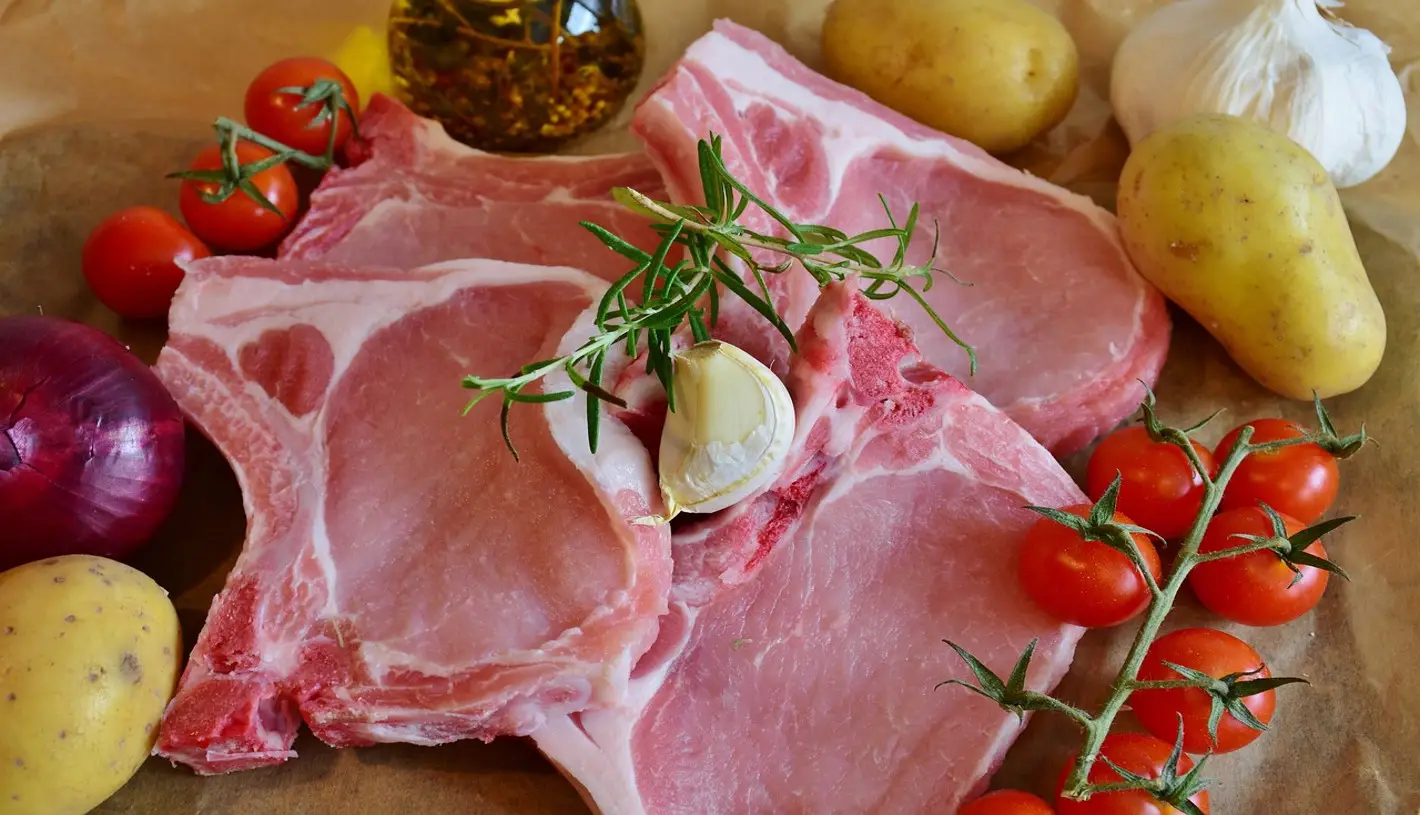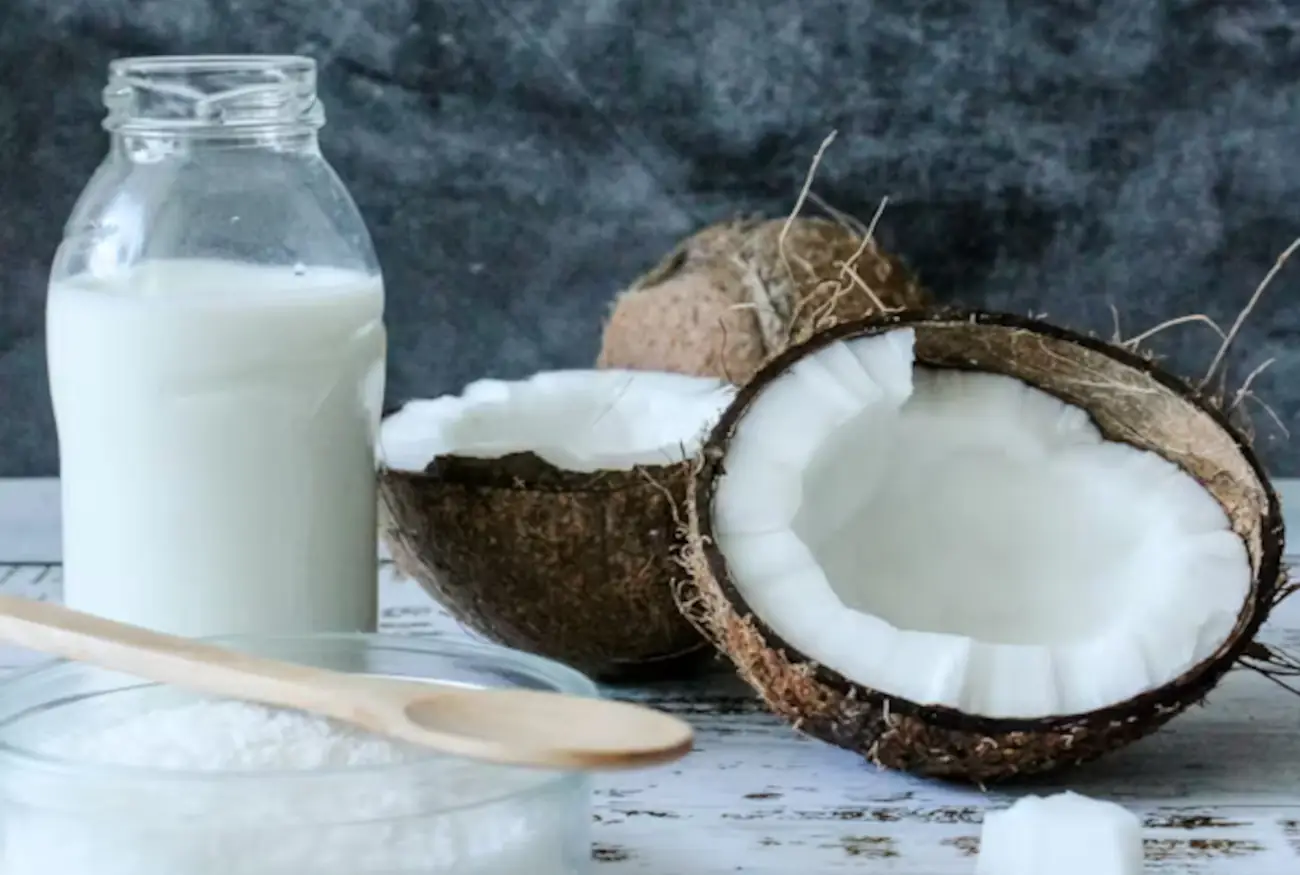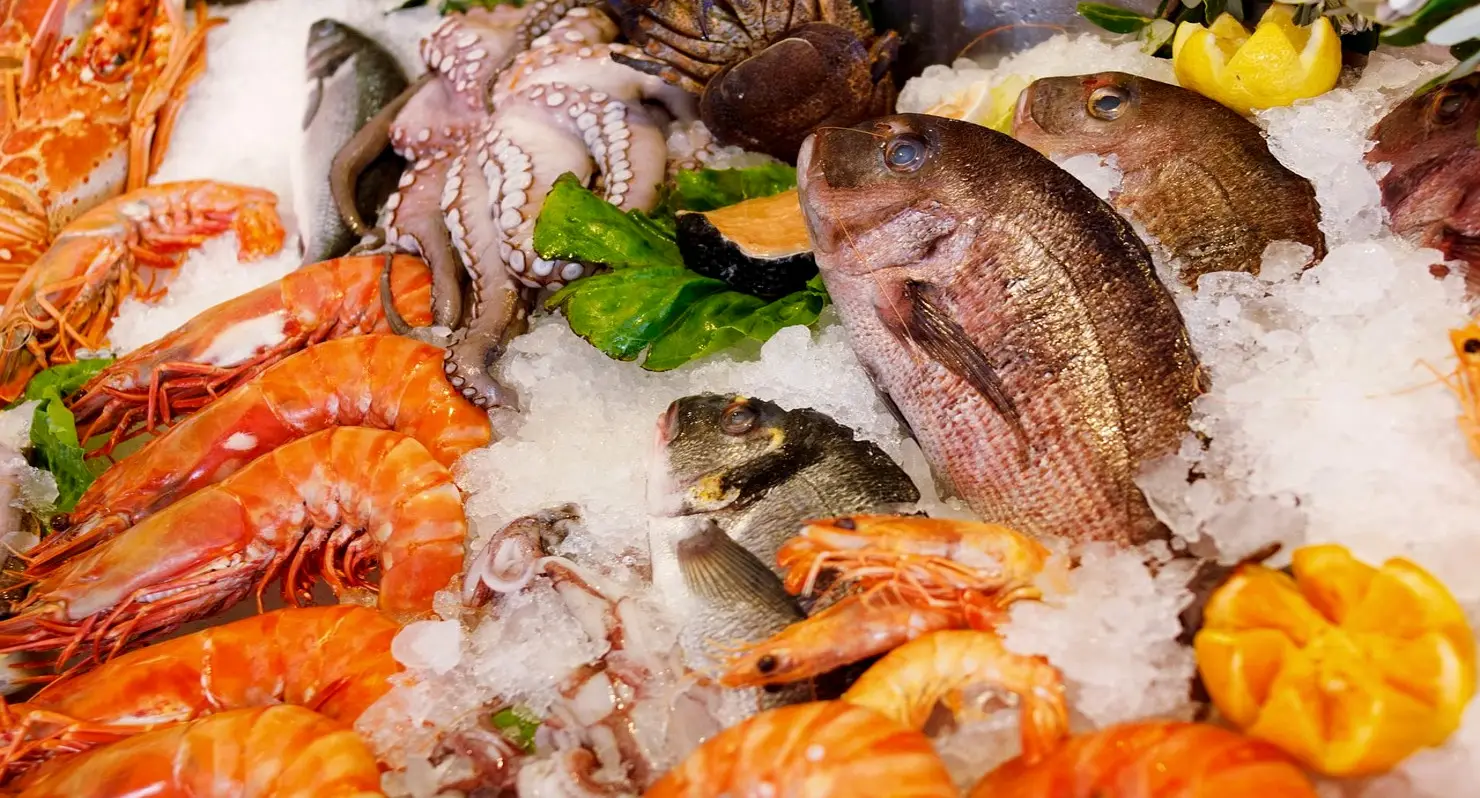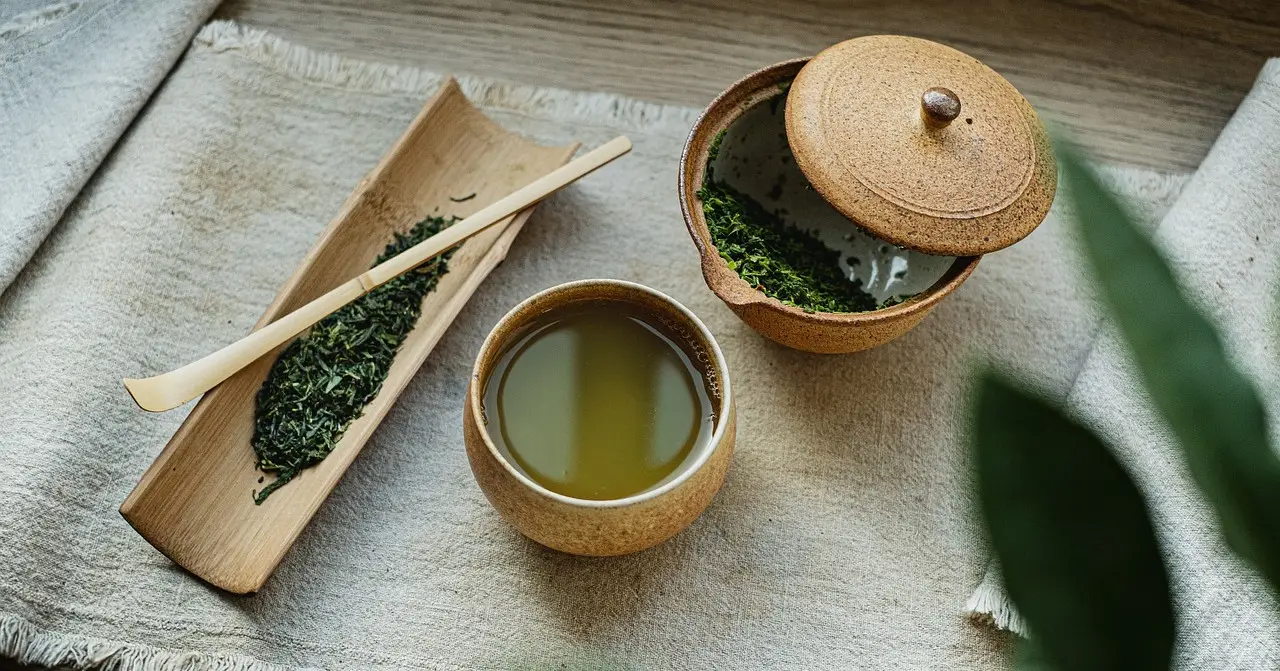Porterhouse Steak Lysine and Arginine Info Sheet
Overview
Porterhouse steak is a thick and juicy cut of beef that comes from the short loin of the cow.It consists of two parts: the tenderloin and the strip steak. It is often grilled, broiled, or pan-fried.
Porterhouse steak is a high-quality, high-price, and high-fat food.
It can provide protein, iron, zinc, and vitamin B12. It can help with muscle growth, blood health, and immune function.
However, it also contains cholesterol and saturated fat, which may increase the risk of heart disease and stroke.
| Name | Lysine (mg/100g) | Arginine (mg/100g) | Ratio |
|---|---|---|---|
| Porterhouse Steak | 1444.93mg | 1096.92mg | 1.317 |
Porterhouse Steak contains 1444.93mg of Lysine and 1096.92mg of Arginine per 100g of product.
This means Porterhouse Steak has a high Lysine-Arginine ratio of 1.317.
Because Porterhouse Steak contains slightly more lysine than arginine, increasing its consumption may benefit people who suffer from herpes, as it may boost the immune system.
Lysine Considerations
Lysine is an essential amino acid that helps build muscle, produce hormones, and support the immune system.
Porterhouse steak provides about 209% of the recommended daily intake of lysine for an adult.
It's one of the nine amino acids that the body can't produce, so it must be included in our diet.
Lysine has different roles in the body, such as aiding in growth, healing, energy production, immune function, and the production of collagen.
Research indicates that lysine may have an impact on the herpes virus, which is responsible for cold sores and genital sores.
Taking lysine supplements or using lysine cream could potentially prevent or treat these infections by working against the amino acid arginine, which the virus requires for growth.
Arginine Considerations
Arginine is a semi-essential amino acid that helps produce nitric oxide, a molecule that relaxes blood vessels and improves blood flow.
Porterhouse steak provides about 158% of the recommended daily intake of arginine for an adult.
Arginine can contribute to cold sore outbreaks, which are blisters caused by the HSV-1 virus, also known as herpes.
Arginine aids in the growth of HSV-1, which needs this particular amino acid to multiply and infect cells.
Arginine can be obtained through our diet, and is found in a variety of high-protein foods such as nuts, seeds, and chocolate.
Regrettably, the herpes virus is known to "feed" on arginine, and a diet rich in arginine compared to lysine may increase the frequency and severity of cold sores and herpes outbreaks.
Lysine-Arginine Ratio
The lysine-arginine ratio is a measure of the balance between these two amino acids in a food.
A higher ratio means more lysine than arginine, which may be beneficial for preventing or treating viral infections, such as herpes simplex.
Porterhouse steak has a lysine-arginine ratio of 1.317, which is higher than the average ratio of 1.0 for most foods.
The herpes simplex virus, which causes oral and genital herpes, needs arginine to multiply and infect cells.
Lysine, on the other hand, can interfere with the absorption of arginine in the intestine, and thus limit the availability of arginine for the virus.
By eating a diet higher in lysine than arginine, one may be able to prevent or treat herpes flare-ups.
Foods that have a high lysine-arginine ratio include dairy products, fish, poultry, fruits, and vegetables.
These foods can supply the body with sufficient lysine to compete with arginine and inhibit the virus from replicating and causing symptoms.
Dietary Considerations
Red meats are a good source of protein and lysine, but they also contain more fat and cholesterol than poultry or fish.
Red meats can help prevent or treat herpes outbreaks, as lysine can block the activity of arginine.
Red meats also contain zinc, iron, and vitamin B12, which are essential for immune function and nerve health.
Beef and pork are some of the red meats that have more lysine than arginine, with almost as much as poultry.
Despite this, red meats should be consumed in moderation, as they can increase the risk of cardiovascular diseases and some cancers.
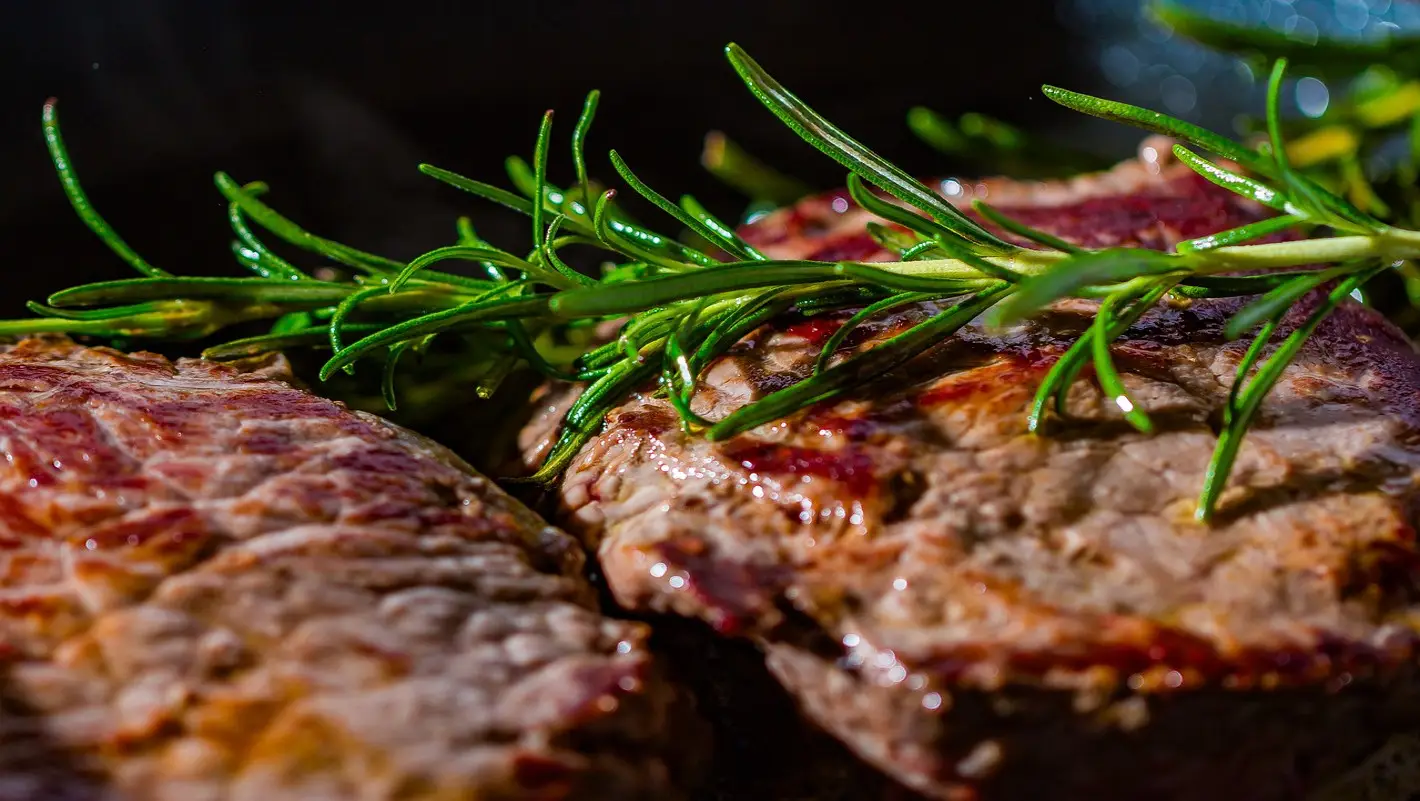
For example:
Drinking enough water to keep yourself hydrated and remove toxins from your body.
Water can also help prevent dryness and irritation of the skin and mucous membranes, which can result in fewer outbreaks.
You may want to take l-lysine supplements.
L-lysine is known to prevent herpes outbreaks and it can help stop a cold sore in its initial stages by "starving" the virus of arginine before it has a chance to cause a cold sore.
Taking other food supplements that can improve your immunity and protect your cells from oxidative stress, such as vitamin C, zinc, selenium, and antioxidants.
Try eating foods that can enhance your immune system and reduce inflammation to avoid outbreaks.
Some of these foods are honey, yogurt, aloe vera, and chamomile.
They can also help you with your symptoms by easing pain, swelling, and itching, and accelerating your recovery.
Check more food information
